Rapid penetrating emulsions (RPE) fill asphalt pavement voids and reduce air and water intrusion in pavements. Asphalt Materials Inc.’s (AMI) AMIGUARD™ RPE is specially formulated to penetrate pavement quickly and thoroughly. The penetrating nature of RPE means asphalt residue gets “in” the pavement rather than “on” the pavement, and the emulsion’s reduced surface tension allows it to seep into the pavement voids quickly. Proactively reducing pavement permeability extends pavement life.
The AMI team worked with the Indianapolis Airport Authority (IAA) to support an RPE application on the Indianapolis International Airport’s (IND) Economy Parking Lot.
Project Details
- Applicator: Howard Company
- Location: Indianapolis, IN
- Date Applied: June 30, 2023
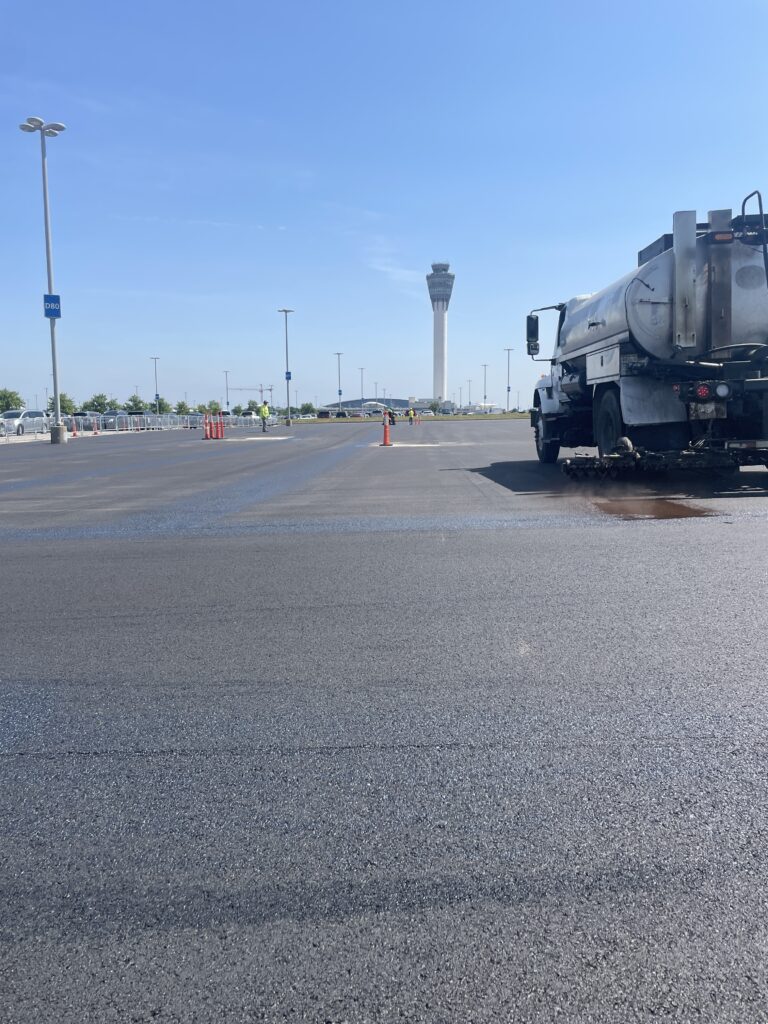

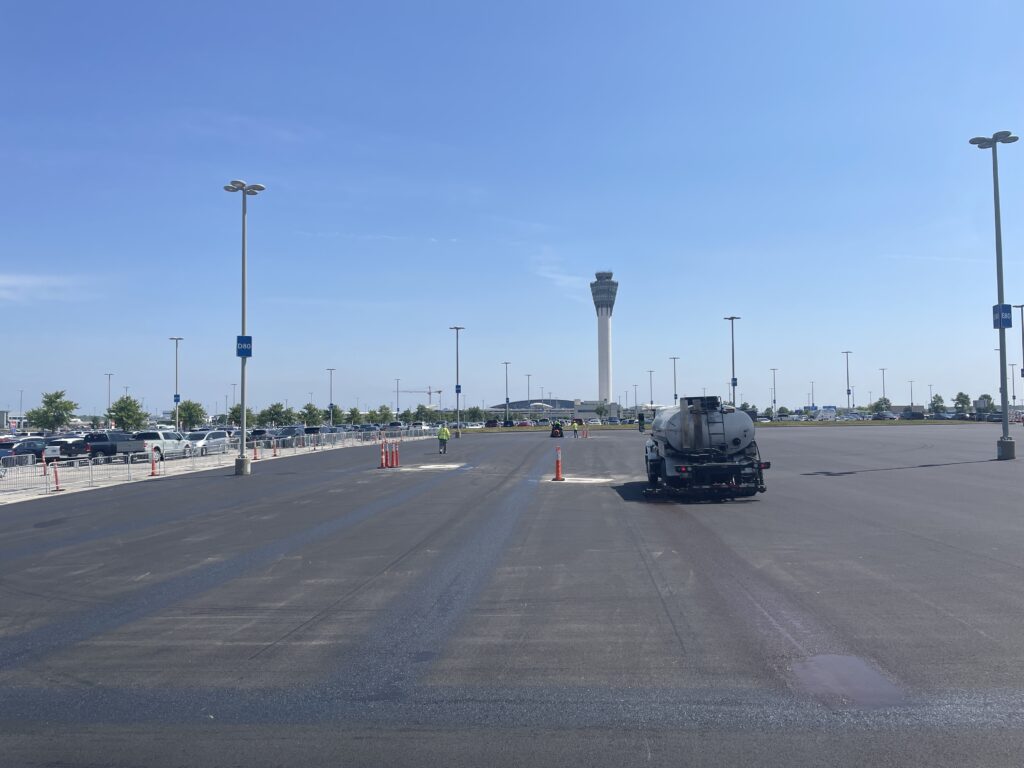
Application
The IAA planned to apply RPE to 41,440 ft. of longitudinal joint (2-ft wide) in a newly paved portion of the IND economy parking lot. RPE performs best when applied to the pavement within a year of pavement construction or earlier, and it can be applied full-width, or it can be used to target longitudinal joint areas.
Drivers will recognize the cracks that surface on longitudinal joints, the areas where two lanes of pavement meet. The joints tend to have a lower density and higher permeability due to the presence of air voids in the pavement. When left untreated, those small areas can cause big problems. Water can seep past the surface to permeate the voids, causing pavement degradation over time through stripping (when water separates asphalt binder from the surface of aggregates). Freeze-thaw cycles may also accelerate pavement degradation. RPE is one solution that addresses the issues that come with low density, high permeability pavements.
Howard Company picked up approximately 1,000 gallons of RPE from the AMI Indianapolis plant on the morning of June 30. The application began by 11 a.m., and the ambient temperature was 77 F. By 11:40 a.m., eight of the longitudinal joints were completed, and ambient temperature remained at 77 F. Striping was completed the week of July 1.
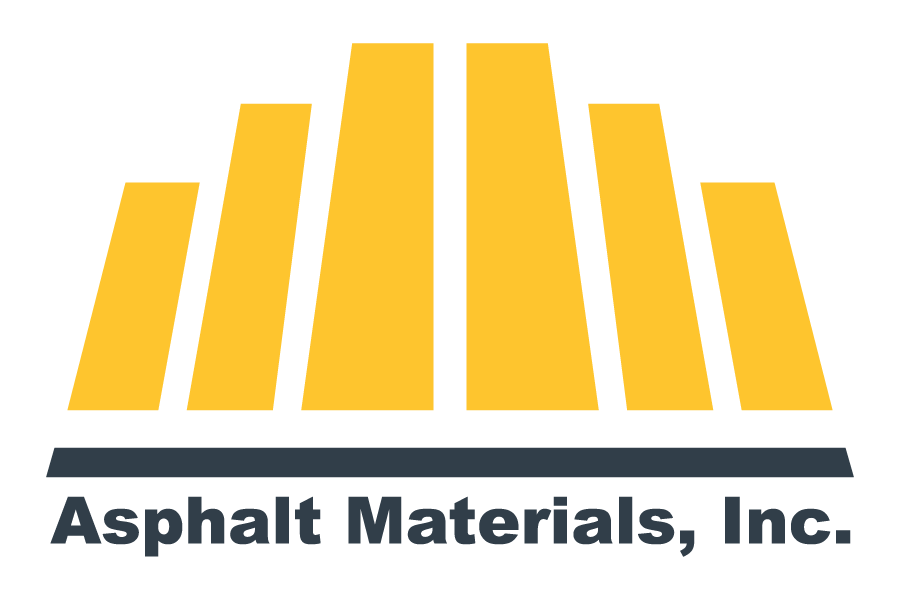
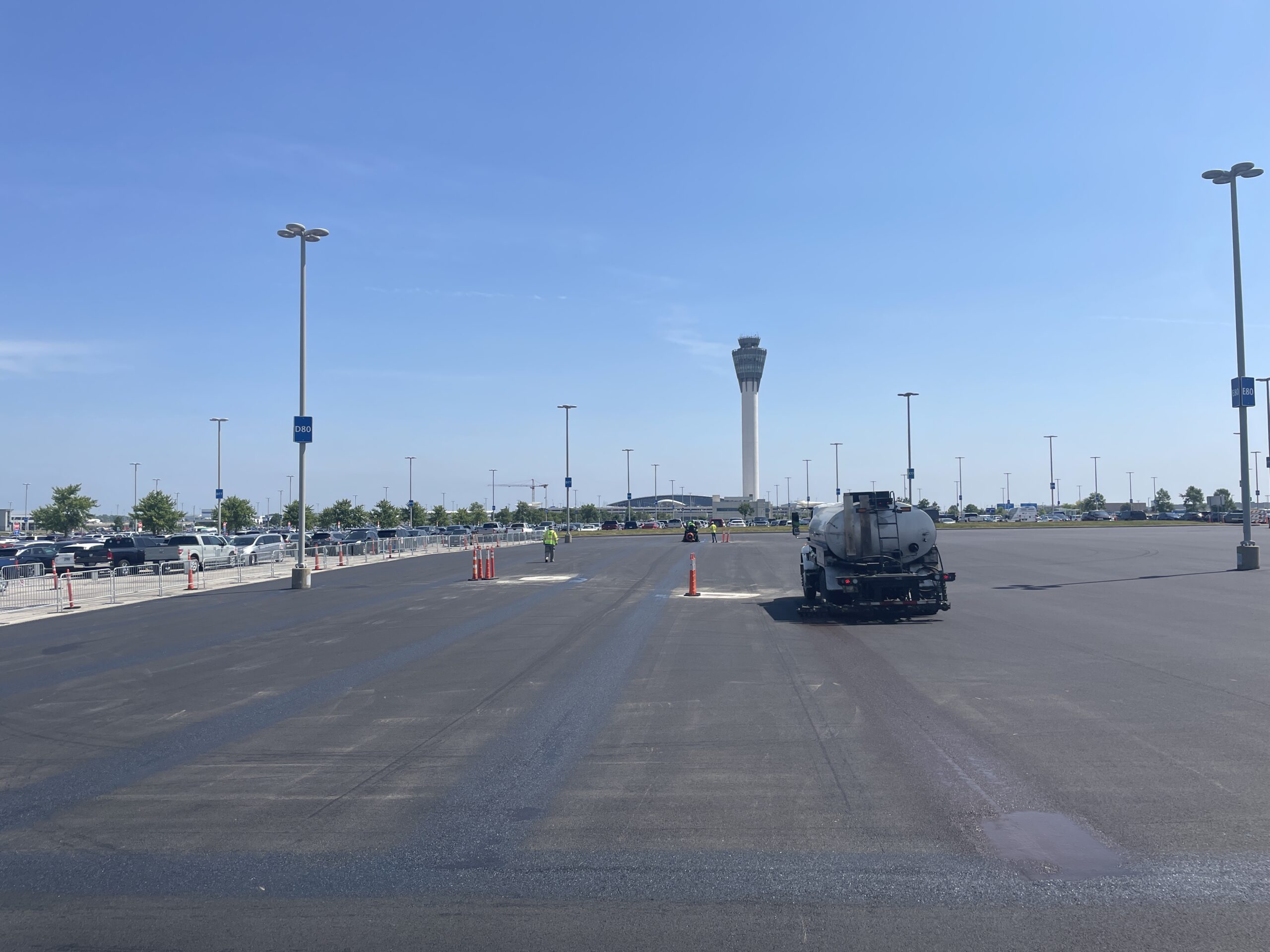
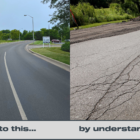
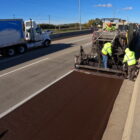

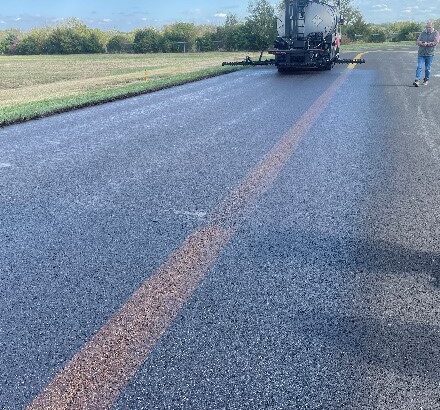
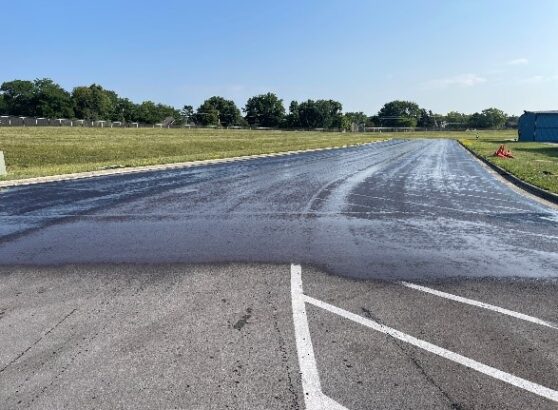
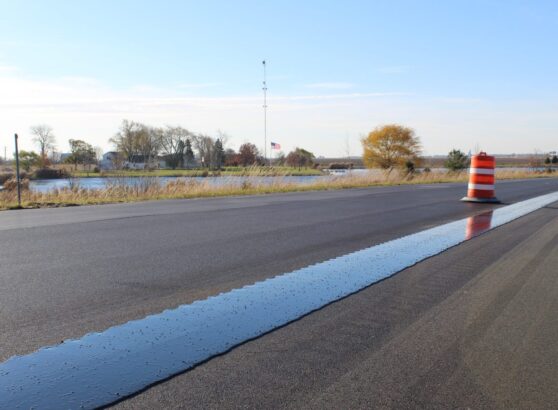



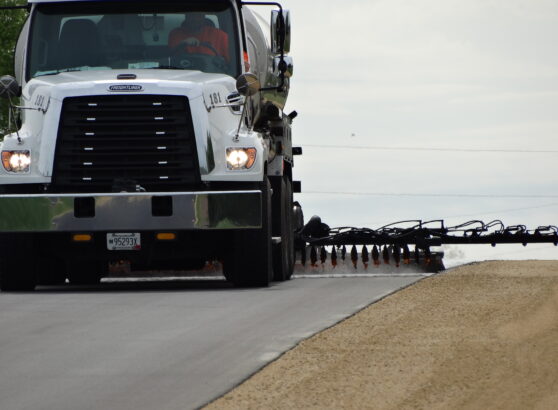
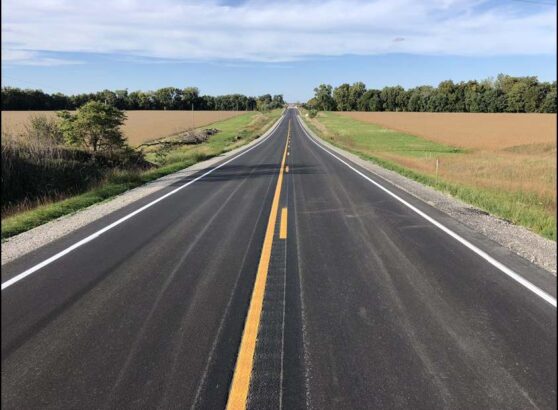


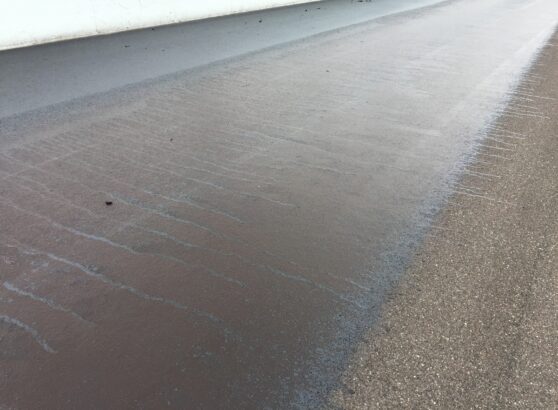
Recent Comments